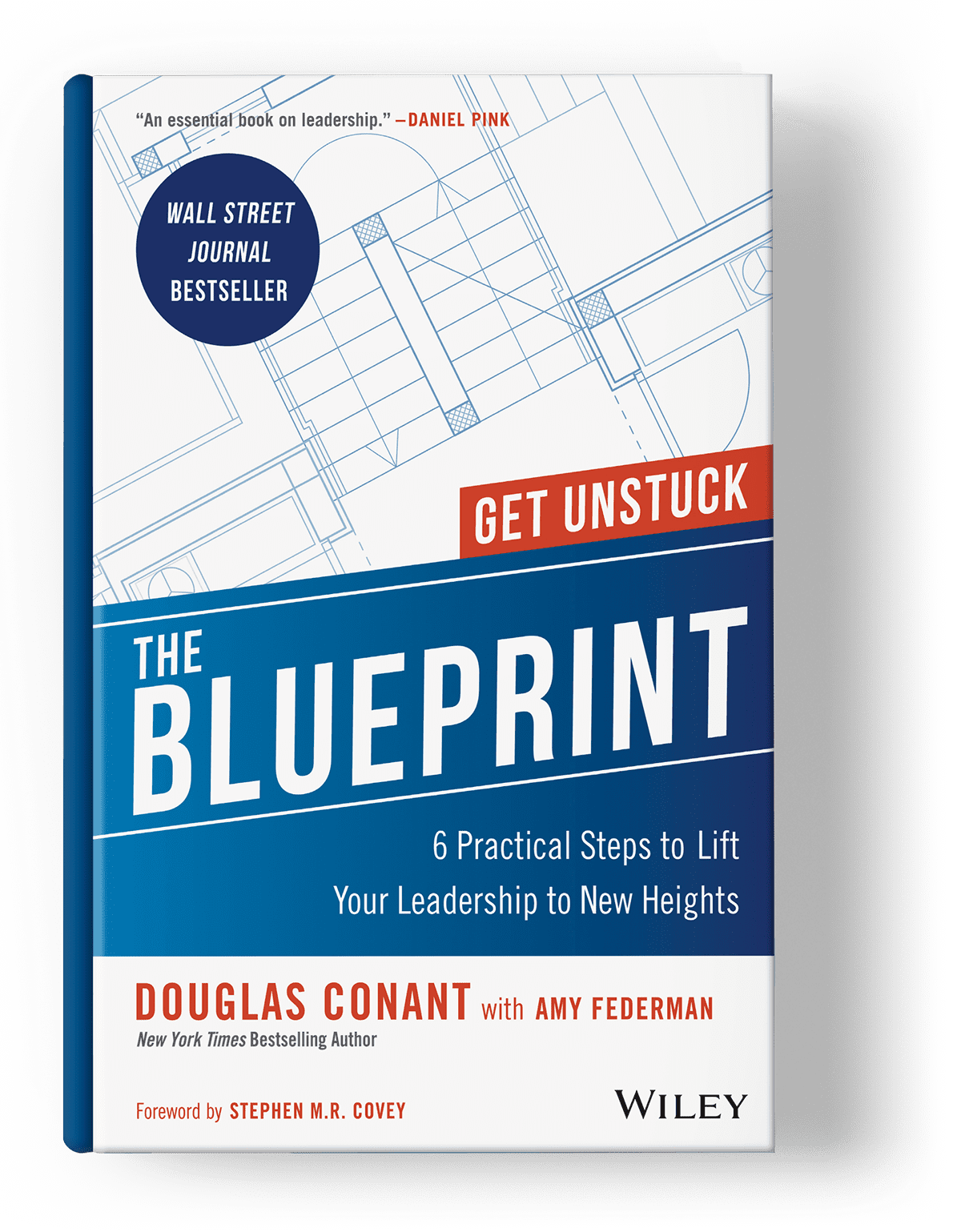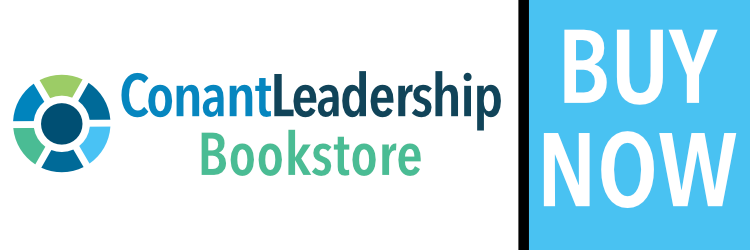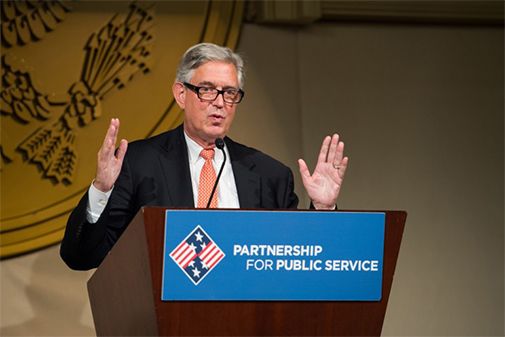The leadership landscape is as challenging now as ever. Business is done at light-speed, on a global scale, in the face of digital disruption that multiplies exponentially year after year. Leaders across industries need to continuously push for stronger performance and adaptability to keep pace. It’s acutely Darwinian — the enterprise either grows or it dies. That’s why a tough-minded approach, that is hyper-focused on conjuring superior results, is required at the helm of today’s organizations.
But while the climate in which business is conducted has changed radically, the leadership challenge remains largely the same: how do we, in a principled and passionate way, derive the best results possible from other people? How do we ensure our workforce adapts quickly to the changes of the modern age and performs to an ever-higher standard? The toughest and most results-oriented leaders are increasingly discovering that the answer lies in building relationships. Effective leadership is all about the people. After all — leadership, distilled to its essence, is the pursuit of more productive interactions. Leaders who find the best ways to communicate moment to moment are finding that those moments will translate tangibly to enduring, high performance relationships in the marketplace.
Tweet: How do we, in a principled and passionate way, derive the best results possible from other people?
What’s troubling is that cultivating these sustainable high-performance relationships is often mislabeled as a “soft skill.” But there’s nothing soft about it. The ability to build meaningful relationships is among the most important competencies for the tough-minded leader of the modern age. In fact, in leadership today the ‘soft’ stuff is the hard stuff. No leader can survive by emphasizing one set of skills or the other. ‘Hard’ and ‘soft’ skills increasingly overlap, requiring leaders to hone their craft in a more nuanced way. The best, and the fiercest leaders, find a way to be resolute and exacting on standards while being caring with the people in involved. In today’s world, you can’t be one or the other if you hope to be effective in an enduring way. You must be both. Leaders who prevail know this unalienable truth: it is unrealistic to expect extraordinary effort and performance without creating an environment in which people feel extraordinarily valued.
So, if you’re watching performance falter, relationships are the first thing you should look at. Are your performance standards clear? Are you making people feel undoubtedly valued? Are you working hard enough to build the relationships that will sustain your business and make profits soar? If not, you are, or will soon be, in trouble. In our experience, people need to know you care about them first, before they you can expect them to care meaningfully about the success of the organization. Here are three things you can do right away to make it clear you are people-oriented and hell-bent on building relationships that drive superb outcomes:
Publicly declare your intention to value your people.
Use clear language so the meaning is unmistakable. As CEO of Campbell Soup, Doug developed The Campbell Promise, which simply stated: Campbell Valuing People, People Valuing Campbell. Campbell’s leadership worked tirelessly to fulfill this promise — and the results were unprecedented employee engagement levels and cumulative shareholder returns in the top tier of the global food industry.
Authentically thank people for their contributions.
People need to feel appreciated for the hard work that they do — and those who feel recognized are infinitely more likely to become or remain engaged in their work. Research shows that highly engaged employees are 50% more likely to exceed expectations. Don’t wait. Write a thank you note today. While dramatically improving the performance profile of Campbell Soup, Doug handwrote over 30,000 notes of genuine thanks to employees at all levels of the organization. Importantly, his efforts most often rose above gratuitous greetings and were focused on celebrating contributions of real significance. To this day, he still receives letters and emails from people letting him know how much his notes meant to them. Not only is thanking people a no-brainer for the enterprise, it’s an intensely rewarding habit to practice over a lifetime.
Treat people with respect and influence them with honor.
This one should really go without saying. But, astonishingly, it requires constant repetition. When you’re the leader, people are remarkably aware of your actions and your tone. They notice if you never give them the time of day. They notice dismissiveness, lazy thinking, and lack of integrity. They also notice when you lead with listening, offer to help, behave in a trustworthy manner, and honor them consistently in a way that befits how valuable they are to organizational success. It’s simple. Honor others with your time and attention and they will honor you with their commitment, hard work, trust, and ultimately performance.
Tweet: Honor others with your time & attention & they will honor you with their commitment, hard work, trust & performance.
In what ways do you show people they are valued? What are your best tips for building relationships in a tough-minded but caring way?
(Photo Credit: Handshake by Quinn Dombrowski is licensed under CC BY-SA 2.0)






0 Comments